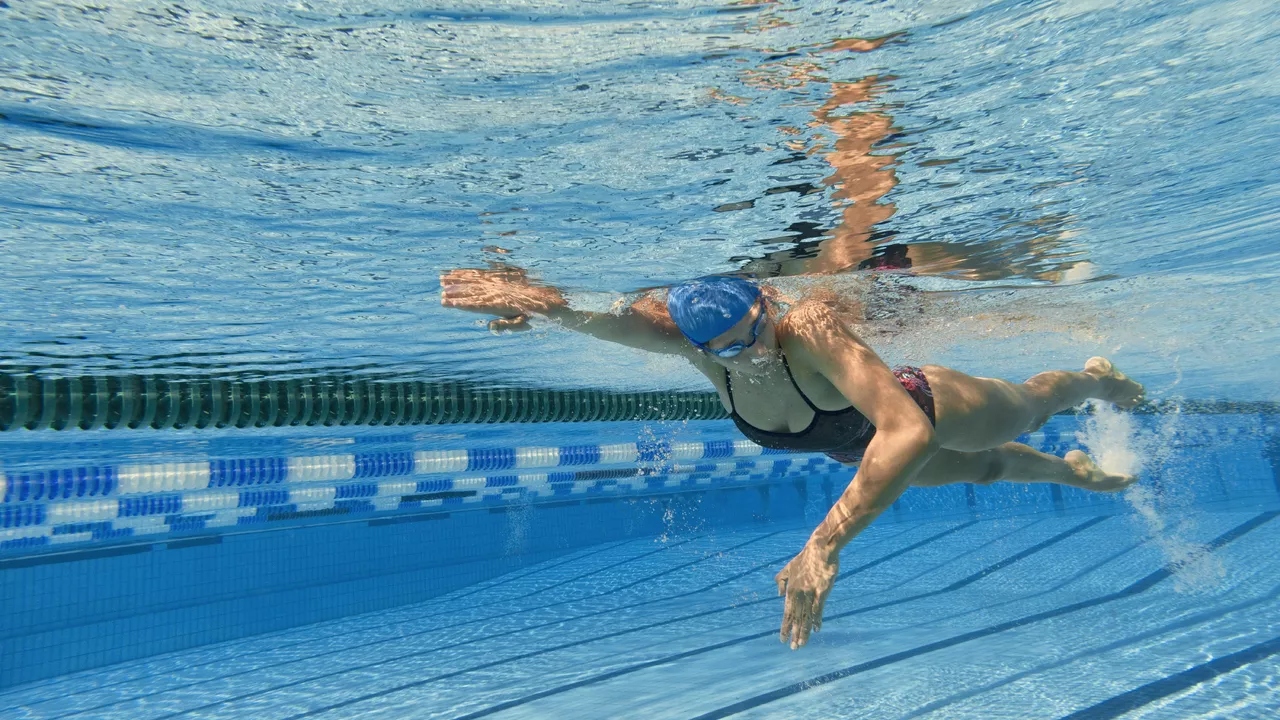Swimming Health Guides – Simple Tips for Safe & Strong Swimming
If you love hitting the pool or lake, you probably want to stay healthy, avoid injuries, and know which medicines are safe while you train. This page gathers quick, useful advice that fits right into a swimmer’s routine. No jargon, just clear pointers you can act on today.
Everyday Safety: Meds You Can Use While Swimming
Many swimmers wonder if common prescriptions affect performance or cause problems in the water. Most antihistamines, for example, can make you drowsy – not ideal when you need sharp focus. Talk to your pharmacist about non‑sedating options if you have allergies.
Anti‑inflammatory drugs like ibuprofen help with sore muscles but should be taken with food and plenty of water. Dehydration plus NSAIDs can irritate the stomach, especially after a long swim session. If you need pain relief before a race, consider topical gels that work locally without affecting your whole system.
For asthma sufferers, inhalers are usually safe in the pool environment, but keep an extra rescue inhaler handy. Cold water can tighten airways for some people; a quick warm‑up and checking your breathing pattern can make a big difference.
Nutrition & Recovery: What to Eat Before and After a Swim
A balanced snack 30‑60 minutes before you swim gives steady energy. Aim for carbs with a bit of protein – think banana with peanut butter or a small yogurt. Heavy meals can cause cramping, so keep portions moderate.
After the session, focus on rehydration and muscle repair. Water is essential, but adding an electrolyte drink helps replace salts lost through sweat. Pair it with a protein source like a whey shake or a boiled egg to speed up recovery.
If you’re using supplements, check their interaction with any prescription you take. For example, high doses of calcium can interfere with the absorption of certain antibiotics. A quick chat with your doctor clears up any confusion.
Preventing Common Swimming Injuries
Shoulder pain is a frequent complaint among swimmers. The key is good technique and regular shoulder stretches. Simple moves like arm circles and wall slides keep the joint flexible.
Knee injuries can happen from kicking too hard or using a faulty kickboard. Make sure your board fits well and avoid over‑kicking; mix in some dry‑land leg work to balance strength.
Ear infections, known as swimmer’s ear, thrive in moist environments. Dry your ears with a soft towel after each swim and consider ear drops that help keep the canal dry if you’re prone to infections.
Quick Checklist for Your Next Swim Session
- Confirm any prescription meds are safe for water activity – ask your pharmacist.
- Eat a light carb‑protein snack 30 minutes before swimming.
- Stay hydrated; bring water or an electrolyte drink.
- Warm up shoulders and legs with dynamic stretches.
- Carry a small first‑aid kit: ear drops, band-aids, and any rescue inhaler.
Keeping these simple steps in mind helps you enjoy swimming without health setbacks. If you have specific medical concerns, the articles on our site dive deeper into each medication and supplement mentioned here. Bookmark this page and return whenever you need a quick refresher before hitting the water.
Albuterol and Swimming: Tips for Managing Asthma in the Pool
In my latest blog post, I delve into the connection between Albuterol and swimming, specifically focusing on managing asthma while in the pool. I found that Albuterol can be crucial in preventing asthma attacks during swimming by relaxing the muscles in the airways and boosting airflow to the lungs. I also shared tips on how to use this medication effectively and safely. Furthermore, I highlighted the importance of warming up before swimming and having a proper asthma action plan. It's all about ensuring a safe and enjoyable swimming experience for those with asthma.






